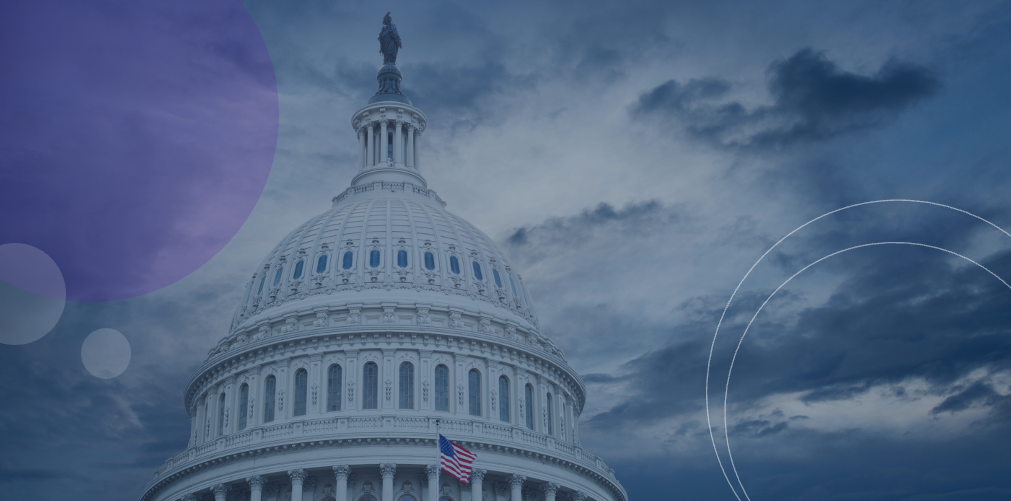Few budget reconciliation bills can be compared to the One Big Beautiful Bill Act. The U.S. Senate is voting on the provisions of the bill as well as amendments in what is commonly known as the “vote-a-rama.” Despite its terrible name, the process is a regular part of the budget reconciliation process and allows an unlimited number of amendments and votes from senators. Here is what health systems and the health care industry can expect this week.
Vote-a-Rama
While most of the amendments are procedural and meant to push Senate Republicans to vote on unpopular public policy, a few amendments may further impact the Medicaid cuts. One amendment by Florida Sen. Rick Scott would limit Medicaid expansion dollars by reducing a popular and well-used reimbursement called the Federal Medical Assistance Percentage (FMAP). The reduced FMAP, which allows for a 9-to-1 reimbursement, would reduce $313 billion in Medicaid spending over the next 10 years.
Senate Budget Bill Goes Big
While House Speaker Mike Johnson attempted to be more understanding about massive Medicaid cuts, the current Senate version of the budget bill blows past the dismal House estimates on Medicaid cuts. The Democrat Joint Economic Committee puts the number of Americans losing their health insurance over in the next 10 years at 20 million with states like Arizona, Arkansas, Illinois, Indiana and Virginia among the newest states with the biggest leaps in estimated uninsured residents. States like California, Texas, Florida and New York still account for the bulk of lost coverage. The Scott amendment, if adopted by all Medicaid expansion, would bump health insurance losses to 29 million.
Overall, the Congressional Budget Office projects the Senate bill text will increase the national debt by $3.3 trillion over the next decade. Johnson will face a tight deadline to conference and review Senate amendments to the budget bill and according to most in the media, might have as little as two days to vote and turn the budget bill back to the Senate for a final vote.
Marathon, Not a Sprint
The poised Medicaid cuts are a once in a lifetime change to government reimbursement and federal health care funding. But one of the most important provisions to remember is that these changes will be phased in over years, not in the next couple days or weeks. Kaiser Family Foundation is tracking at least 26 changes in Medicaid public policy in the budget bill. A majority of the provisions won’t take effect until the start of 2027 or even 2028, with some set for enactment in 2030 or 2035.
Of the provisions listed by KFF, the budget bill would allow immediate changes to the following areas: prohibiting federal funding of gender affirming care, removal of a Biden-era nurse/staff ratio rule, more strict Section 1115 demonstration waiver reviews and state directed payment caps. It is important for health systems to know that while monumental changes are coming, there will still be months and years before they take effect.
